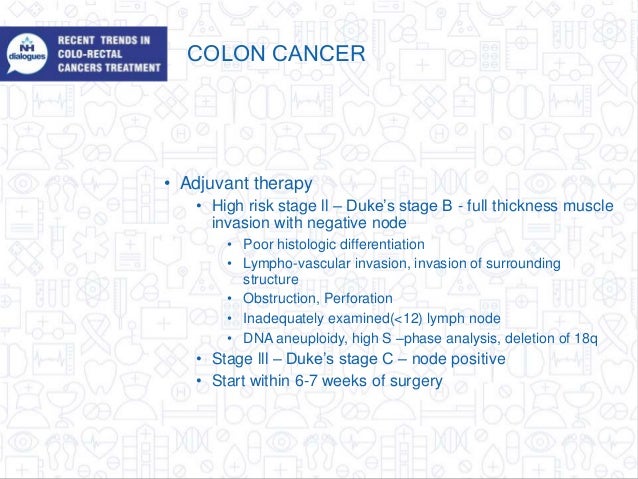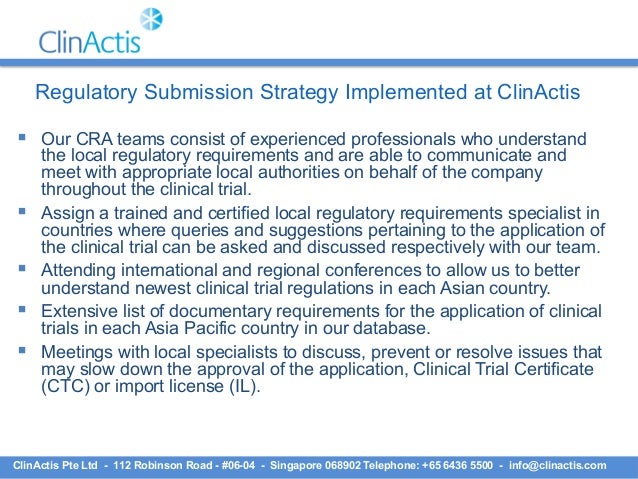

In May 2017, the FDA granted an accelerated approval to pembrolizumab for the treatment of adult and pediatric patients with unresectable or metastatic, MSI-H/dMMR solid tumors that have progressed after prior treatment and who have no satisfactory alternative treatment options, as well as for patients with MSI-H/dMMR CRC following progression on a fluoropyrimidine, oxaliplatin, and irinotecan. In prior phase 2 trials, MSI-H status demonstrated predictive clinical benefit for pembrolizumab, as well as other PD-1 inhibitors, in patients with chemotherapy-refractory mCRC. Patients with metastatic MSI-H/dMMR tumors are less responsive to conventional chemotherapy and are in need of alternative treatment options. This randomized study demonstrates a huge benefit in the first-line with pembrolizumab and should be the new standard of care.”Īpproximately 5% of patients with mCRC have microsatellite instability, categorized by a high number of mutations in the tumor and decreased survival. 2 “Pembrolizumab works in non-randomized studies in this group of patients with advanced disease.
KEYNOTE 177 COLORECTAL TRIAL
“These long-awaited trial results will change clinical practice,” said lead author Thierry André, MD, of the Sorbonne Université and Hôpital Saint Antoine in Paris, in a press briefing ahead of the virtual conference.

1Īt the time of data cutoff, in February 2020, and at a median follow-up of 32.4 months, the median PFS was 16.5 months (95% CI, 5.4-32.4) with pembrolizumab (n = 153) versus 8.2 months (95% CI, 6.1-10.2) with standard chemotherapy with or without bevacizumab (Avastin) or cetuximab (Erbitux n = 154) in patients with MSI-H/dMMR mCRC, leading to a 40% reduction in the risk of disease progression or death (HR, 0.60 95% CI, 0.45-0.80 P =. ©2021 American Association for Cancer Research.Pembrolizumab (Keytruda) doubled progression-free survival (PFS) compared with chemotherapy in patients with newly diagnosed microsatellite instability-high (MSI-H)/mismatch repair deficient (dMMR) metastatic colorectal cancer (mCRC), according to findings from an interim analysis of the phase 3 KEYNOTE-177 trial (NCT02563002) that were presented ahead of the 2020 ASCO Virtual Scientific Program. Approval of pembrolizumab is likely to change the treatment paradigm for first-line treatment with MSI-H advanced colorectal cancer given the study results and different safety profile. Duration of treatment in the pembrolizumab arm was almost double (median 11.1 months, range 0-30.6 months) than the duration of treatment in patients receiving SOC (median, 5.7 months). Adverse reactions occurring in >30% of patients receiving SOC were diarrhea, nausea, fatigue/asthenia, neutropenia, decreased appetite, peripheral neuropathy (high-level term), vomiting, abdominal pain, constipation, and stomatitis.

Adverse reactions occurring in >30% of patients receiving pembrolizumab were diarrhea, fatigue/asthenia, and nausea. FDA assessed unblinded OS data during the review of the application and identified no safety concerns that would preclude approval of this supplement. At the time of the final PFS analysis and second prespecified interim OS analysis, the estimated median PFS was 16.5 months (95% CI: 5.4-32.4) versus 8.2 months (95% CI: 6.1-10.2) in the pembrolizumab and SOC arms, respectively. Overall survival (OS) and independently assessed progression-free survival (PFS) were the primary endpoints.

The approval was based on data from Study Keynote-177, which randomly allocated patients to receive either pembrolizumab or standard of care (SOC) with chemotherapy. The FDA approved pembrolizumab on June 29, 2020, for the treatment of patients with unresectable or metastatic microsatellite instability-high (MSI-H) colorectal cancer with no prior systemic treatment for advanced disease.


 0 kommentar(er)
0 kommentar(er)
